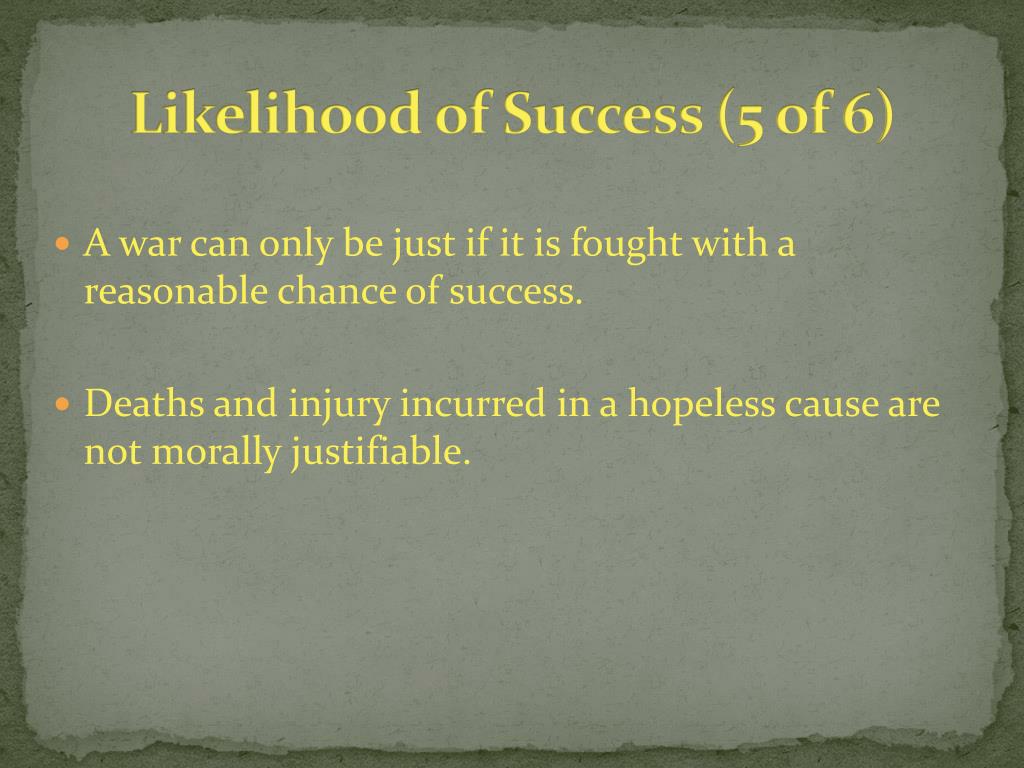

On, he was arrested in Lazarevo, Serbia. Mladić nevertheless managed to remain at large for nearly sixteen years, initially sheltered by Serbian and Bosnian Serb security forces and later by family. The Serbian and United States' governments offered €5 million for information leading to Mladić's capture and arrest. In July 1996 the Trial Chamber of the ICTY, proceeding in the absence of Mladić under the ICTY's Rule 61, confirmed all counts of the original indictments, finding there were reasonable grounds to believe he had committed the alleged crimes, and issued an international arrest warrant.

He came to prominence in the Yugoslav Wars, initially as a high-ranking officer of the Yugoslav People's Army and subsequently as the Chief of the General Staff of the Army of Republika Srpska in the Bosnian War of 1992–1995. In 2017, he was found guilty of committing war crimes, crimes against humanity, and genocide by the International Criminal Tribunal for the former Yugoslavia (ICTY).Ī long-time member of the League of Communists of Yugoslavia, Mladić began his career in the Yugoslav People's Army (JNA) in 1965. Ratko Mladić ( Serbian Cyrillic: Ратко Младић, pronounced born 12 March 1942) is a Bosnian Serb former military officer and convicted war criminal who led the Army of Republika Srpska (VRS) during the Yugoslav Wars.


 0 kommentar(er)
0 kommentar(er)
